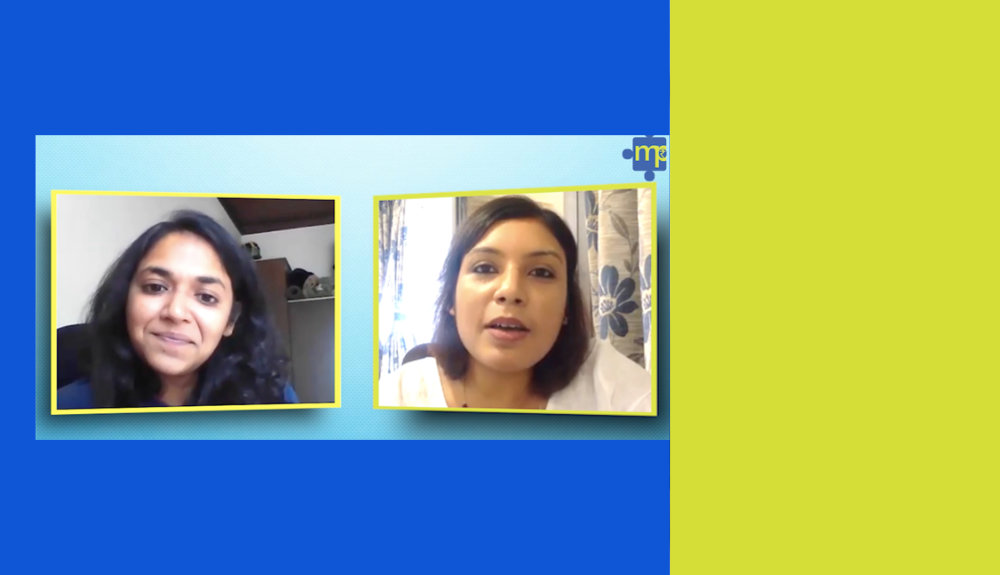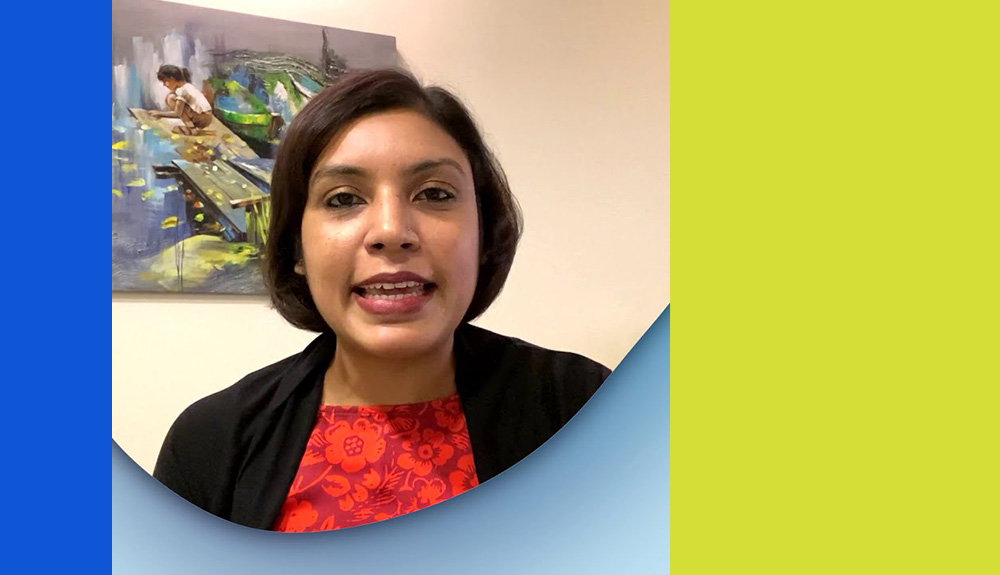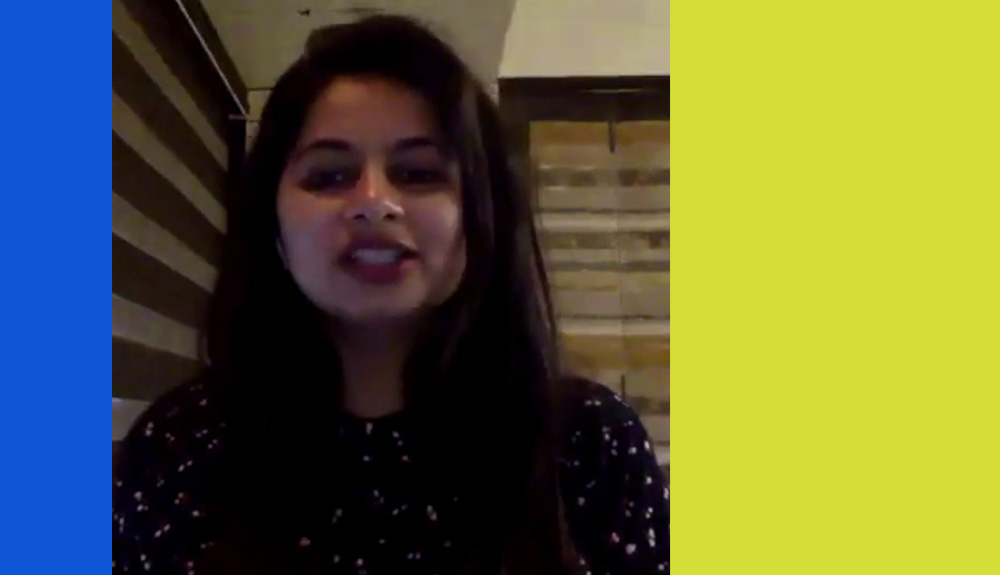Photo by NEOSiAM 2021 from Pexels
The year 2022 started with one tiny success. I had finally figured out the most efficient way to grate a block of cheese. This is not a trivial feat. Grating cheese, for the last 25 years has been somewhat of a frustrating task, where small pieces always broke off from the chunk. Once broken, they were too small to grate against the sharp-edged stainless steel grating mesh.
Come January 2022, the outcome was different. There were no small pieces breaking off and all the grated cheese sat neatly within the catchment in the hollow pyramid of the grater. Voila! The most efficient cheese grating technique had been cracked and it had taken a mere 25 years to get there.
What does my newly acquired cheese grating skill have to do with your money life? To be honest, it’s not just the cheese grating, but lately, there have been a fair few realisations about personal and professional behaviour, which perhaps I knew of but wasn’t able to recognise and accept earlier.
The clarity in thought around relationships, profession, money and behaviour comes only with time, in some cases that could mean years or even decades.
The learning: figuring stuff out in life takes time.
Yet, when we are younger, just finishing school, just getting out of college, we are pushed to find the answers soon, real soon. The college choices have to be made before you finish school, the job choices have to be done before you finish university, the decision on marriage before you touch 30 and then decide on buying a house before the first kid comes along.
It’s hard to have clarity on what the outcomes really mean if you are constantly rushing through decisions.
It’s true that some people are wise enough or lucky enough to figure out their purpose in life before marking their 30th birthday, but for the rest of us, the search continues at least for a few more years.
What if we didn’t rush into permanent life decisions in just the third decade of our lives? After all, till the age of 18, most of our decisions are made by our adult parents or teachers. How can we then decide the trajectory of our entire life spanning at least another 6-7 decades in just the next 10-12 years? Shouldn’t young adults have the liberty to explore their reach and test their wings before settling for a chosen path, rather than being pushed into structured, pre-designed frames meant for idealistic but fantastical lifestyles?
What is the rush?
Soaring too high too soon?
Did you know that a baby elephant can take up to 10 years, to transform into an independent adult? Or that the Albatross chick can take a year to become independent when most birds begin to fly by themselves in a matter of a few weeks or a couple of months at most?
You wouldn’t be able to guess thanks to the large size and wingspan, but the common Crane is one of the highest-flying birds. Perhaps because they migrate over the Himalayas and the height keeps them safe from predatory birds. The chicks of this species of Crane, take 7 weeks to learn how to fly but are known to remain with the family for up to a year before they go off on their own.
Unlike the unidimensional aspect of animal life, your life’s purpose and meaning are likely to get fulfilled by more than one dimension, it’s more than one thing. There is work, health, recreation and human connection.
All of these matter equally, but in our rush, we tend to focus majorly only on one aspect which is work. Finding meaning in life is not just about your profession, but also about your habits, behaviours and connections with others.
These are all the different dimensions that you belong to and the right fit is unlikely to dawn on you at just one time. This means you need the patience to see through years of progress, across different aspects of your life, to arrive at what really works for you.
Aligning your money life with who you are
Finding the dimensions you belong to is like finding your ultimate identity in life, who you are. Naturally, your money life must align with this identity.
If you rush into the first degree, the first job and the first house, somewhere down the line you will run into a wall of extreme dissatisfaction and will end up trying to alter those choices to suit your need or trying to change yourself to fit in.
Another academic qualification, a different profession, a new house in a more suitable location and all these choices once again will have a monetary impact. If you’ve been lucky enough to make lots of money beforehand and have some spare to facilitate the desired change in your life’s direction, then there is no issue. However, if you find yourself in a situation where you can’t afford the change either monetarily or mentally and emotionally, then you will continue to live a life where you don’t fit. If you haven’t saved enough or have large loan repayments, you may not be able to make this shift in life.
More than that, despite having the means, change isn’t easy to adapt to because it’s there is a lethargy to keep things as they are, it’s just easier even when you are miserable.
If you look around at those near you, you’ll find that for many middle-aged adults, the entrepreneurship bug bites post the age of 40-45. Unless you have consciously made money decisions to cushion your future, rather than assuming that your present state is the permanent answer, you will find yourself falling short of resources to support this next phase in your life.
It’s this idea that you need to hurry into cementing life’s contours early, which leads to decisions that may seem like the right choice at the time, but if allowed to solidify too much, undoing them when you finally grasp with clarity what makes your daily existence most meaningful, becomes impossible.
The most successful ’30 under 30’ or ’40 under 40’ lists put a lot of pressure on you to achieve the unattainable. However, there are just as many who receive success way past this advertised prime of 30-40 years. Falguni Nayar started Nykaa at 48 years, Colonel Sanders started KFC at 65 years, Warren Buffet made his first billion when he was 55 years and Boman Irani made his film debut at age 44. JK Rowling conceptualised Harry Potter when she was 25 years old but it took another 7 before the first book got published. Not all of them had millions to support the change.
If you haven’t been lucky enough to find that passion or purpose in life, try to keep the outcomes of your early life money decisions as flexible as you can. So that when the time comes for you to take that leap, your financial status is less permanent and can adjust to the changes you are about to set in motion.
Are you rushing in?
Life is like a chain reaction. One action feeds another and there is an outcome, if the action was any different, the outcome would be different too. When you are rushed into making life choices, naturally you make money decisions along with those choices.
Do not rush into the house decision
It’s taken nearly two decades of my working life for me to figure out that living close to nature is an ideal existence for me, rather than a permanent abode in maximum city. Thankfully, I have the flexibility to move once the earmarked period for city life (bound mostly by kids’ schooling) is over; the plans are already being put in place.
From the time we get our first jobs, there is family and societal pressure to buy a house and settle down. Many young earners end up taking huge loans, the monthly repayments for which compromise their ability to start gainful investmentAn investment is made to give you a return. You make an investment if you use your money to buy either physical assets like property or financial assets like bonds and equity with an aim to receive income or gains... More early in life.
Moreover, many get into a housing loan thinking that somehow their earnings will increase and they will be able to prepay the entire amount. In reality very few ever do that. Most just adjust to living in a place where they are in, given the high EMI, what’s the choice? Or for those who see gains in real estate, it’s not uncommon to find them taking another loan for a second or third property purchase. When they finally realise that property is an illiquid investmentAn investment is made to give you a return. You make an investment if you use your money to buy either physical assets like property or financial assets like bonds and equity with an aim to receive income or gains... More, hard to sell and costly to maintain, it’s already too late in life.
Buying real estate is as permanent a money decision as they come, take your time don’t rush.
Do not rush the education choice
Even before school gets over, children have to make what is assumed to be a permanent choice for a professional qualification. Be it an engineer, a doctor, or an MBA in the least. A lot of money is spent on this first choice of educational qualification. If the outcome leads to meaningful work then hoorah.
However, it can lead to frustration if the decision is forced upon you or you feel compelled to go with it thanks to external pressure
If you qualify in a field that is unsuitable and the heart is not happy with the work, the jobs offered are likely to be of a low pay grade as ability and energy won’t match. The outcome is that you don’t earn to your potential and this frustration can lead to poor money choices in spending and saving.
Sometimes, there are loans attached to the education as there is pressure to go overseas for the expensive and reputed courses. That money decision can cost you many years of toiling in a profession that you don’t even like.
It happens because we are pushed to find our way early in life, even before we know what the purpose of this destination finding exercise is.
You get recognised for how many stamped visas you have in your passport by age 30, but never acknowledged for the guilt you feel when you hear the melody of the singer you wanted to be. Spend your early years wisely. Combine the intuitive part of who you want to be with the practical aspect of education to arrive at a more meaningful combination of personal and professional choices.
It’s a flawed idea that you can establish your identity permanently in your 20s. Yet, we try. In trying, we earn, spend, save, invest and give incorrectly for at least a decade if not longer.
How can you take it slow?
Knowingly or unknowingly, we are taught as children that our identities are linked deeply to our professional choices and our ability or capacity to earn. Everything else is secondary and hence, our pursuit to find the best job and the highest salary begins early. This is changing a bit as people add more adjectives defining who they are, against their LinkedIn profiles.
Yet, young earners are often seen changing jobs every 2 years or so, because with a new job comes a substantial salary hike, more money in the bank or to spend on lifestyle upgrades. Or simply because the work is not exciting enough, even though they are qualified, the search for professional fulfilment continues in another company within the same industry.
However, what may be needed is to search within for solutions around who you want to be. Making money is important, but it is not an end in itself.
By the time you have changed your 5th job, you realise that perhaps this is not even the industry you want to work in (hint – you can’t stick to one job long enough), but the money is a trap now. You have bought that big house in the city, the car, the luxurious vacations and the expensive schools will keep you rooted in a profession that doesn’t give you any joy.
Taking it slow means –
- Not rushing into a college degree because others are and because it’s what’s expected – take a year off to discover where your interests lie.
- Not rushing into large money decisions too early in life eg – choosing work based only on the salary they are paying you, moving to a new city only for a high paying job, buying a house in a new city to symbolise your status or because your parents told you to.
- Not rushing into spending on big brands as a show of wealth; save before you spend, every single month.
- Not rushing into high return investmentAn investment is made to give you a return. You make an investment if you use your money to buy either physical assets like property or financial assets like bonds and equity with an aim to receive income or gains... More avenues for getting rich in a hurry, only to be scammed and duped; regular investing in regulated long term assets is what’s required.
Taking it slow means, spending time with those you love, grating cheese for their sandwiches and sharing a meal together, before you hit the bed for a good night’s sleep.
If instead, you are busy completing a double master’s degree, rushing from work to home, sleeping late, waking early, working hard and partying harder and being the busy body that announces to the world that you have achieved success, you are leaving yourself no time or mind space to be yourself and when you do realise the folly, it might just be too late.
Also read:
-
She owned her mistakes and turned around her fortune

Siddhika Aggarwal started off having an estranged relationship with money. She only realised this was working against her when she ran into trouble with money. Instead of giving up and shying up, Siddhika took on the challenge headfirst and turned around her money mistake.
-
Where do we go now? Your investment approach in 2021

As 2021 gets well on its way, have you taken the time out to build your investmentAn investment is made to give you a return. You make an investment if you use your money to buy either physical assets like property or financial assets like bonds and equity with an aim to receive income or gains... More portfolio? Have you at least understood that saving and investing is the way to secure your financial future?
-
Stepping into the world of planning with Khyati Mashru Vasani

If you were confused about what financial planning entails and whether you should start with it or not – watch this 10 min discussion with a young planner who got the awareness early in life.

